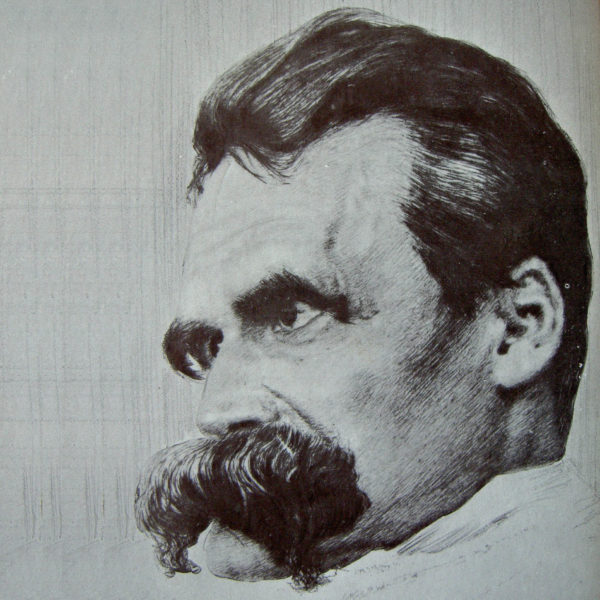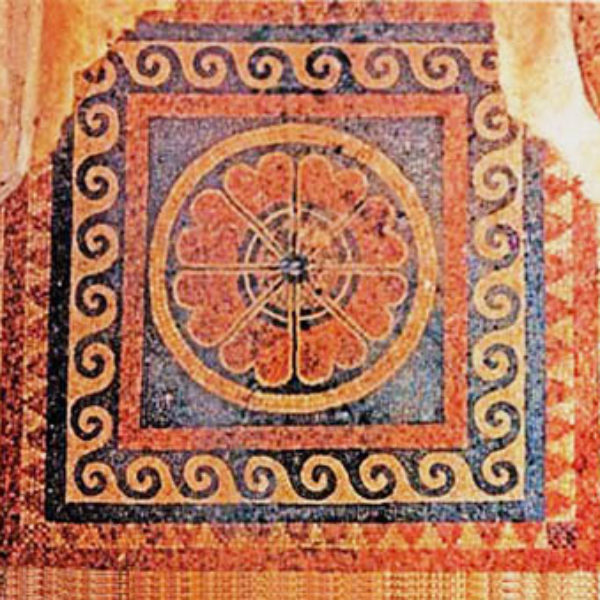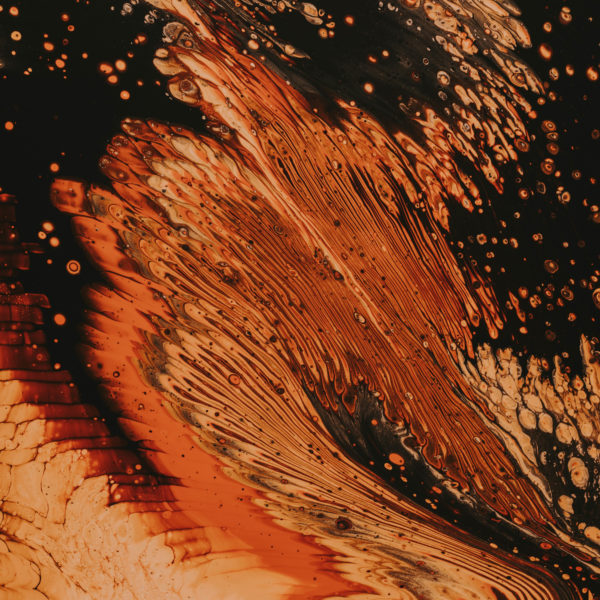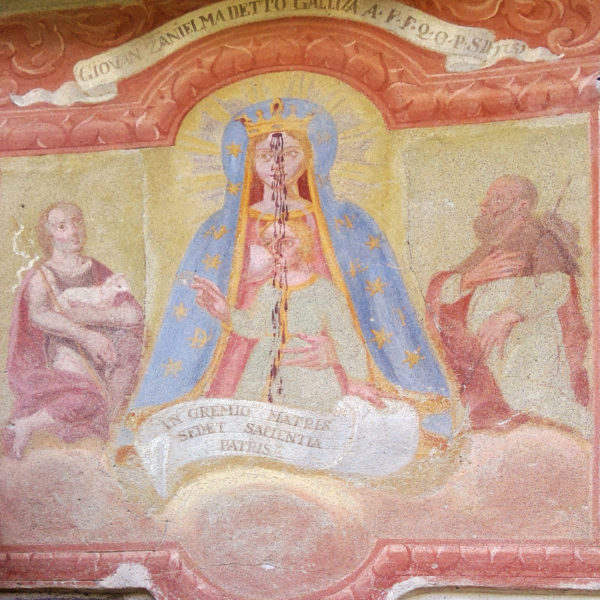The Guild of Pastoral Psychology
Events
Your listing of all our events
View upcoming events.-

Jung and the Recovery of the Religious Attitude and Function:
Theological reflections on a natural process of transformation. Photo by nibras al-riyami on UnsplashJung believed that regaining one’s religious attitude was an important part of the task of individuation. In this talk I offer some theological reflections on this process. First, I provide a sketch of Jung’s understanding of…
-

Architecture of the Self: Towers of Nietzsche and Jung
Drawing by Hans Olde from the photographic series, The Ill Nietzsche, late 1899The influence of Nietzsche on Jung’s ideas and Jung’s personal development is well documented. Unknown to many, however, is their common interest in architecture and the built environment, and the role this plays in their respective ideas about…
-

Boundary and Identity in Irish Myth
Photo: Dunguaire Castle, Kinvara, Ireland, by Matteo Paonessa on Unsplash By examining various stories from the Irish mythic tradition we can gain some insight into the structure of both the normal and neurotic psyche, and into the significance of boundaries in the creation of a true sense of identity, in line…
-

Redeeming the Feminine: Symbols from the Jewish Kabbalah
Mandala mosaic, Masada, Israel (c.37 BCE) “The feminine principle brings up the healing compensation by becoming active” Marie-Louise von Franz (1999)The Kabbalah is the Jewish mystical tradition that traces its roots back to the BCE era. It is considered the compendium of the divine nature of the universe and our…
-

The Passionate Body: AIDS and Archetype
The unapproachable intensity of early death tied to physical passions: this is the archetypal narrative of the experience of HIV/AIDS as it exists in the ego, in the imagination, in the body, and in politics. The passionate body is a generating focus – the body that desires, that is erotic…
-

Seven Sermons to the Dead
Alan Mulhern discusses Jung's mystical and Gnostic text, published privately and anonymously as being "written by Basilides of Alexandria, the city where East and West meet." The text also forms the final part of the Red Book. Alan has recorded a short podcast about the Seven Sermons. This may be a…
-

Synchronicity and Humility
Photo by Paweł Czerwiński on UnsplashThis event is FREE! Register “The humility, in which we remember again and again, how little we know about man , ourselves, a humility which has been acquired through sadness and despair, is in my view one of the basic values, assets of depth psychology.”…
-

Soul and Contemporary Civilisation
Confronted today by an unprecedented destructive impact of civilisation upon its so-called environment – in fact upon the very conditions of life - the question arises whether this crisis results from the very core of the human psyche or if it results more particularly from its Western impulses. The Mural…
-

The Archetype of the Binarius and the prehistory of the computer
The binary thinking of computer technology is omnipresent in the contemporary world and has deeply embedded itself in the modern psyche, but it has perhaps not been given due consideration at the archetypal and imaginal level. At the time when Francis Bacon first conceived the seed idea of the computer…
-

Brush, with Death
Register for this Webinar Charles Zeltzer writes: "Each one of us, as we age, encounters death in increasingly intimate ways. Six years ago I endured a heart attack — an acute and dangerous event that was a powerful psychological and spiritual encounter with my mortality. Prior to the attack I…